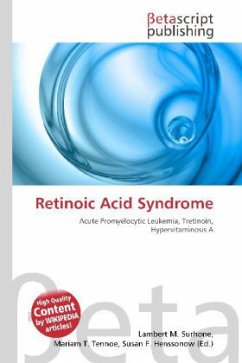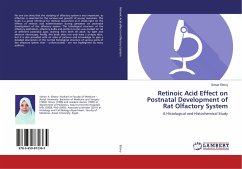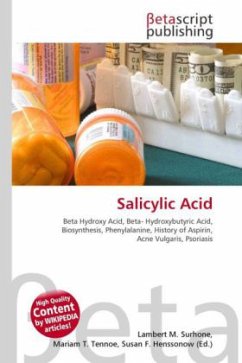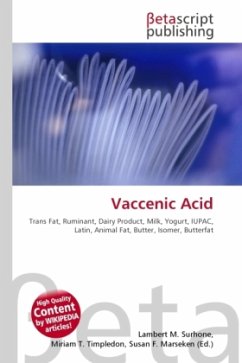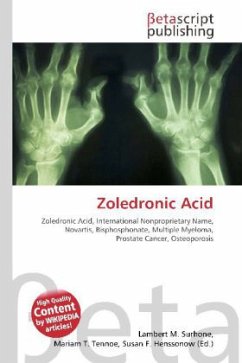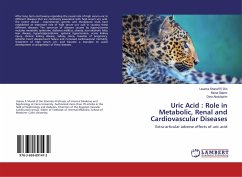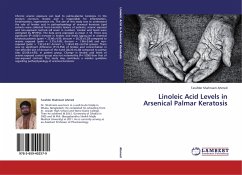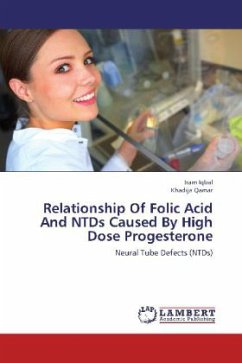Please note that the content of this book primarily consists of articles available from Wikipedia or other free sources online. Retinoic acid syndrome (RAS) is a potentially life threatening complication seen in patients with acute promyelocytic leukemia (APML) who are treated with all-trans retinoic acid (ATRA) (also known as tretinoin). The syndrome is characterized by dyspnea, fever, weight gain, hypotension, and pulmonary infiltrates. This is effectively treated by giving dexamethasone and holding ATRA in severe cases. An elevated white count is sometimes associated with this syndrome, but is not a prerequisite. Once RAS has resolved, ATRA can be resumed. The etiology of RAS is not clear cut. Several causes have been speculated including a capillary leak syndrome from cytokine release from the differentiating myeloid cells. Alternatively, ATRA may cause the maturing myeloid cells to acquire the ability to infiltrate organs such as the lung. Mediation by cathepsin G has been suggested.
Bitte wählen Sie Ihr Anliegen aus.
Rechnungen
Retourenschein anfordern
Bestellstatus
Storno

